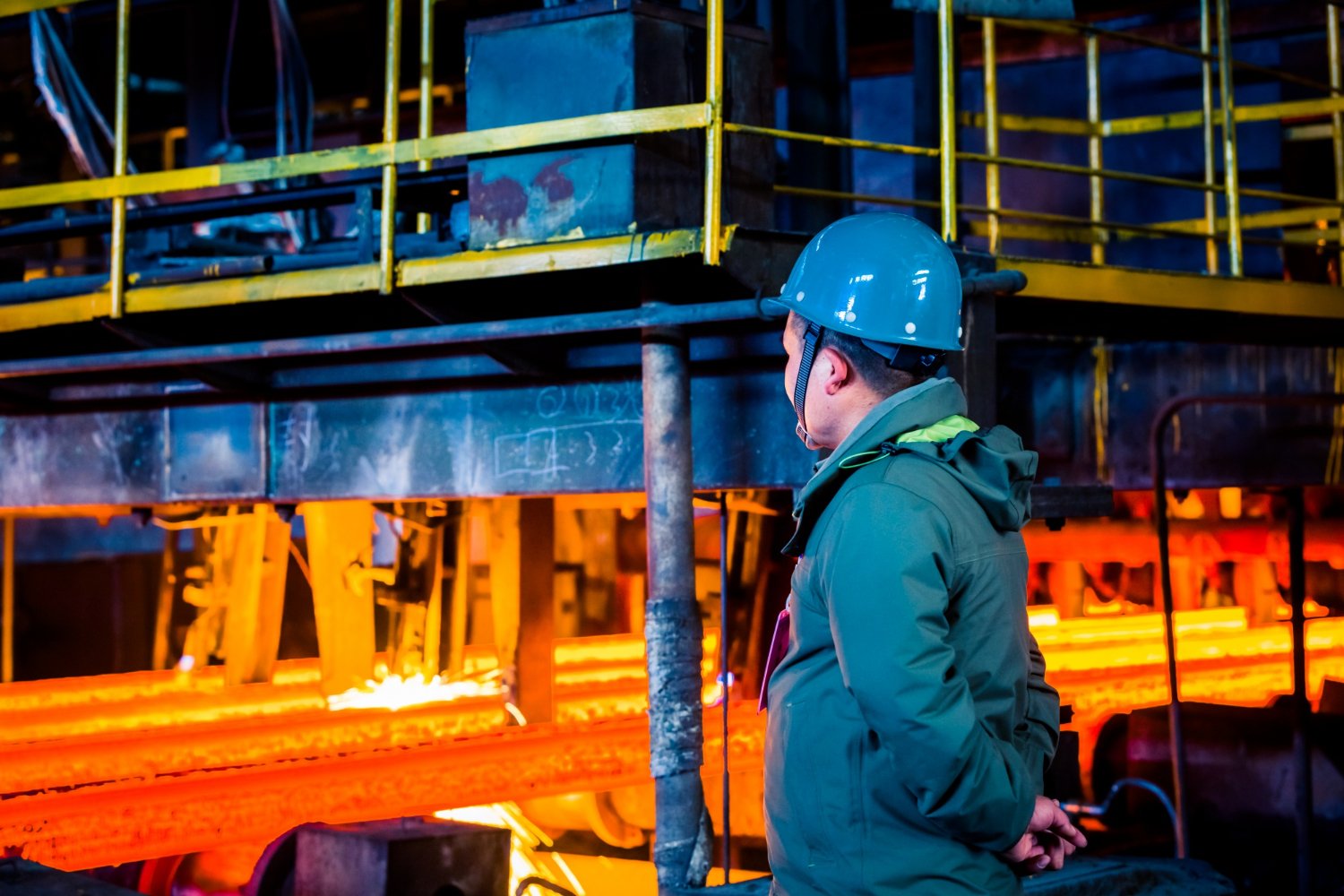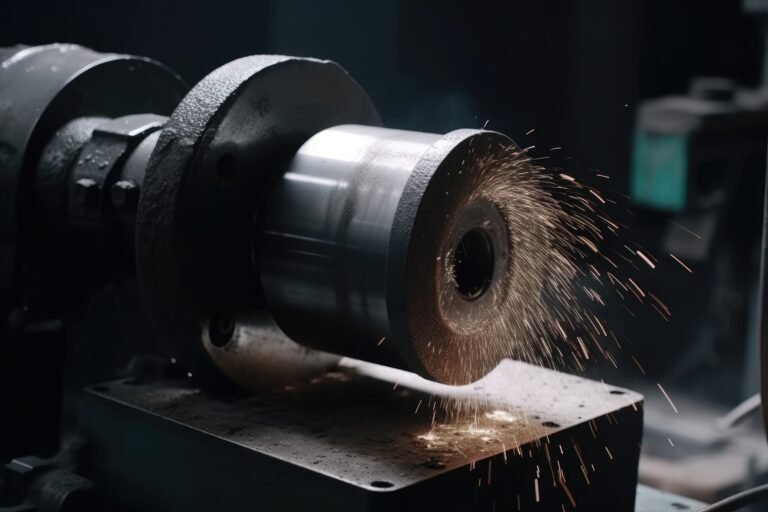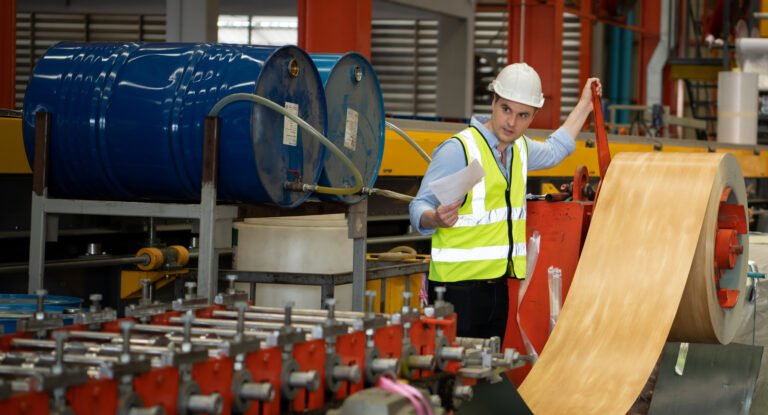What Is Failure Analysis? | MTS INDIA Expert Guide
Failure analysis is the scientific investigation of a product or material failure to determine the root cause, prevent recurrence, and improve design or process reliability. It is widely used across industries such as automotive, aerospace, manufacturing, and electronics.
MTS INDIA offers expert failure analysis in Delhi and failure analysis in Chandigarh, serving clients with advanced labs and highly trained engineers.
Why Is Failure Analysis Important?
Failures in machinery, structures, or materials can result in:
- Safety hazards
- Financial losses
- Downtime or production delays
With professional failure analysis, these risks can be reduced by:
- Identifying why a failure happened
- Determining what went wrong in design, material, or usage
- Recommending corrective measures
✅ It’s not just about the failure—it’s about future prevention.
What Are the Common Types of Failures?
Failures can happen due to a variety of reasons. At MTS INDIA, we regularly analyze:
- Fatigue Failure (repeated stress)
- Corrosion (chemical/environmental damage)
- Wear & Tear
- Brittle or Ductile Fracture
- Overloading or Impact Damage
- Manufacturing Defects
Each failure type requires a different analytical approach, which is where our lab expertise in Delhi and Chandigarh comes in.
How Is Failure Analysis Conducted?
Here’s a simplified breakdown of our step-by-step method at MTS INDIA:
1. Visual Inspection
Initial assessment to identify surface cracks, discoloration, deformation, etc.
2. Data Collection
Gathering usage history, environment, material type, and operating conditions.
3. Microscopic & Metallurgical Testing
Using SEM, EDS, and metallographic analysis to study the fracture surfaces and material structure.
4. Mechanical & Chemical Testing
Hardness testing, tensile strength, and chemical composition analysis.
5. Root Cause Identification
Based on collected data and analysis, we pinpoint the exact cause.
6. Final Report & Recommendations
A detailed, actionable report that includes suggestions for design improvement, material change, or operational adjustments.
Key Takeaways
- 🧪 Failure analysis finds out why a product or material failed.
- 🔍 It combines visual inspection, testing, and root cause evaluation.
- 🏭 MTS INDIA offers failure analysis in Delhi and Chandigarh with industry-grade labs.
- 🛡️ Helps companies prevent repeat failures, reduce costs, and improve quality.
What Industries Use Failure Analysis?
Almost every industry that relies on materials or mechanical systems benefits from failure analysis:
- Automotive: Engine, axle, and brake component failures
- Aerospace: Structural integrity issues, fatigue cracks
- Construction: Rebar or concrete failure
- Electronics: PCB failures or soldering issues
- Medical Devices: Implant or tool failure analysis
- Oil & Gas: Pipeline and weld joint failure
If your business is in Delhi or Chandigarh, MTS INDIA’s proximity and rapid reporting can be a competitive advantage.
What Are the Benefits of Failure Analysis?
| Benefits | Details |
| Cost Savings | Prevents expensive repeat failures |
| Product Improvement | Identifies design or material flaws |
| Legal Evidence | Useful in warranty and liability investigations |
| Safer Products | Ensures public and employee safety |
| Faster Decision-Making | Helps in determining if a product should be recalled |
Failure Analysis vs. Root Cause Analysis – What’s the Difference?
Though related, these are not the same.
| Aspect | Failure Analysis | Root Cause Analysis (RCA) |
| Focus | Material or component-level failure | Process, system, or procedural issues |
| Methods Used | Testing, lab analysis | Interviews, flowcharts, process mapping |
| Use Case | Physical damage, wear, breakage | Operational or systemic failures |
| Output | Technical report | Process-focused resolution |
MTS INDIA integrates both where necessary—offering holistic insights especially in complex failures.
Real Example: Failure Analysis in Delhi
Client: A construction firm in Delhi
Issue: Cracks in newly installed metal beams
Process: MTS INDIA collected samples, performed microstructural testing, and found micro-cracks from improper welding.
Result: The client fixed the welding process across all projects, avoiding further structural issues.
Real Example: Failure Analysis in Chandigarh
Client: A heavy equipment supplier
Issue: Frequent gear tooth breakage in hydraulic systems
Findings: MTS engineers discovered surface fatigue caused by incorrect lubricant type.
Impact: Gear life improved by 60% after corrective measures.
Why Choose MTS INDIA?
- 🧑🔬 20+ years of metallurgical and mechanical testing experience
- 🧪 Fully equipped labs in Delhi and Chandigarh
- 📄 ISO-certified testing protocols
- 🕒 Fast turnaround and personalized engineering reports
- 🤝 Trusted by over 500 clients across India
🔗 Explore our Testing Capabilities
Related Blogs You Might Like
- What Is Metallurgical Testing? A Complete Guide
- Mechanical Testing Methods Used in Industry
- How to Prevent Fatigue Failure in Components
Frequently Asked Questions (FAQ Schema-Friendly)
Q1: What is failure analysis in engineering?
A: It’s the investigation of failed components to identify the cause and prevent future breakdowns.
Q2: What testing methods are used in failure analysis?
A: Common methods include visual inspection, SEM, metallography, tensile testing, and chemical analysis.
Q3: Does MTS INDIA offer failure analysis in Delhi?
A: Yes, MTS INDIA provides advanced failure analysis services at its Delhi-based facility.
Q4: Is failure analysis available in Chandigarh?
A: Absolutely. MTS INDIA operates a full-service failure analysis lab in Chandigarh.
Q5: How long does a failure analysis take?
A: Depending on complexity, reports are usually delivered within 5–10 working days.
Need failure analysis in Delhi or Chandigarh?
📞 Contact MTS INDIA for fast, trusted, and certified failure investigations.








